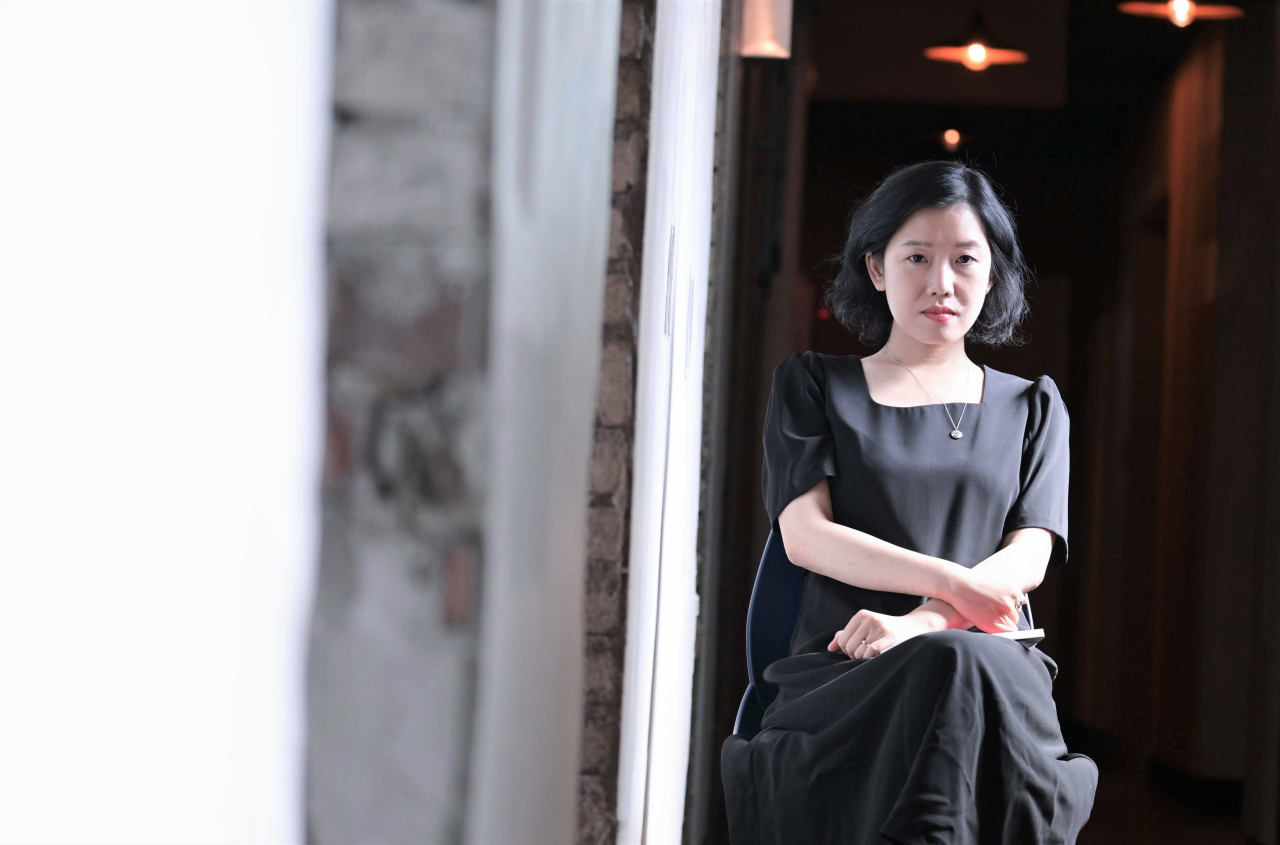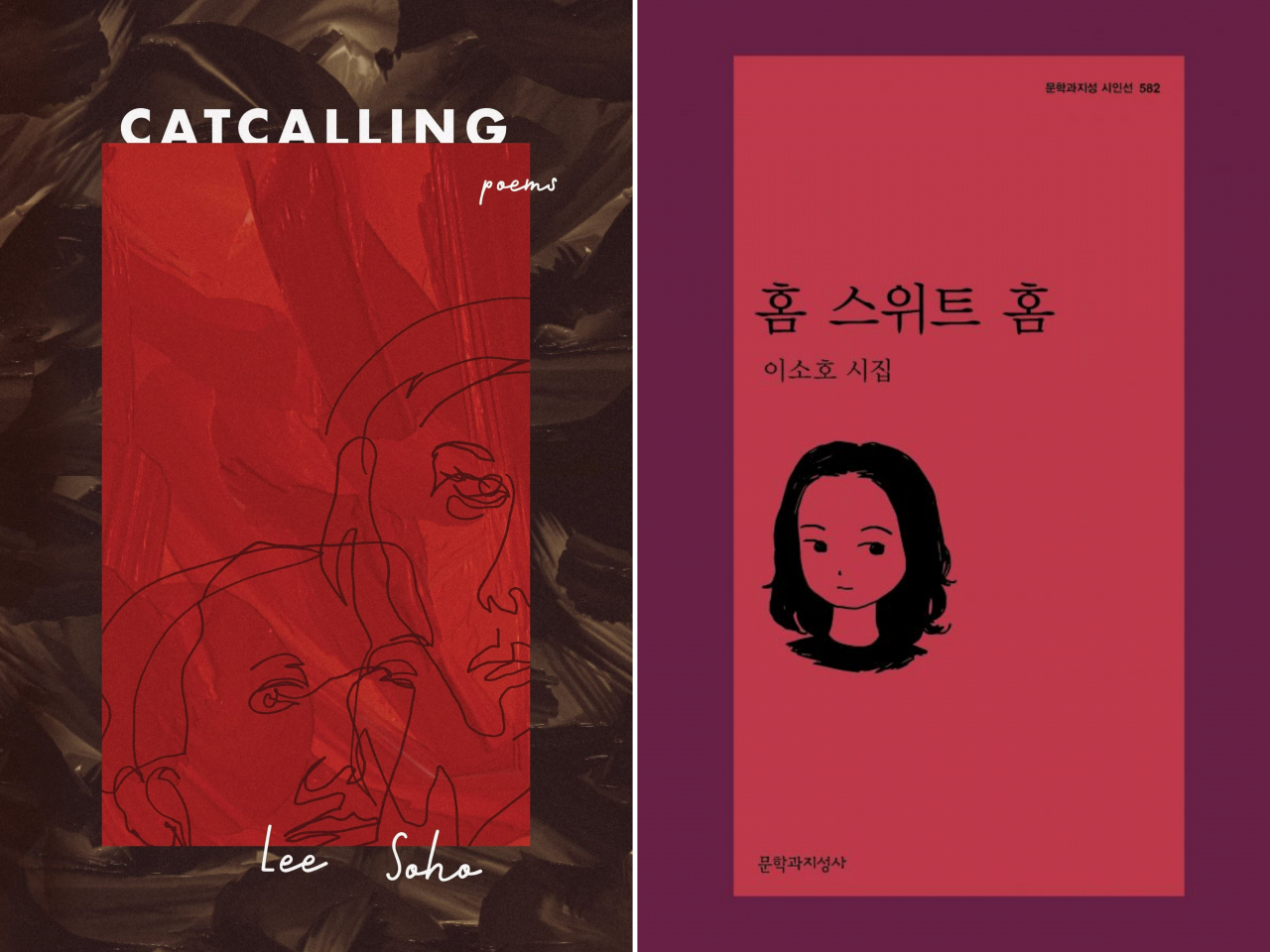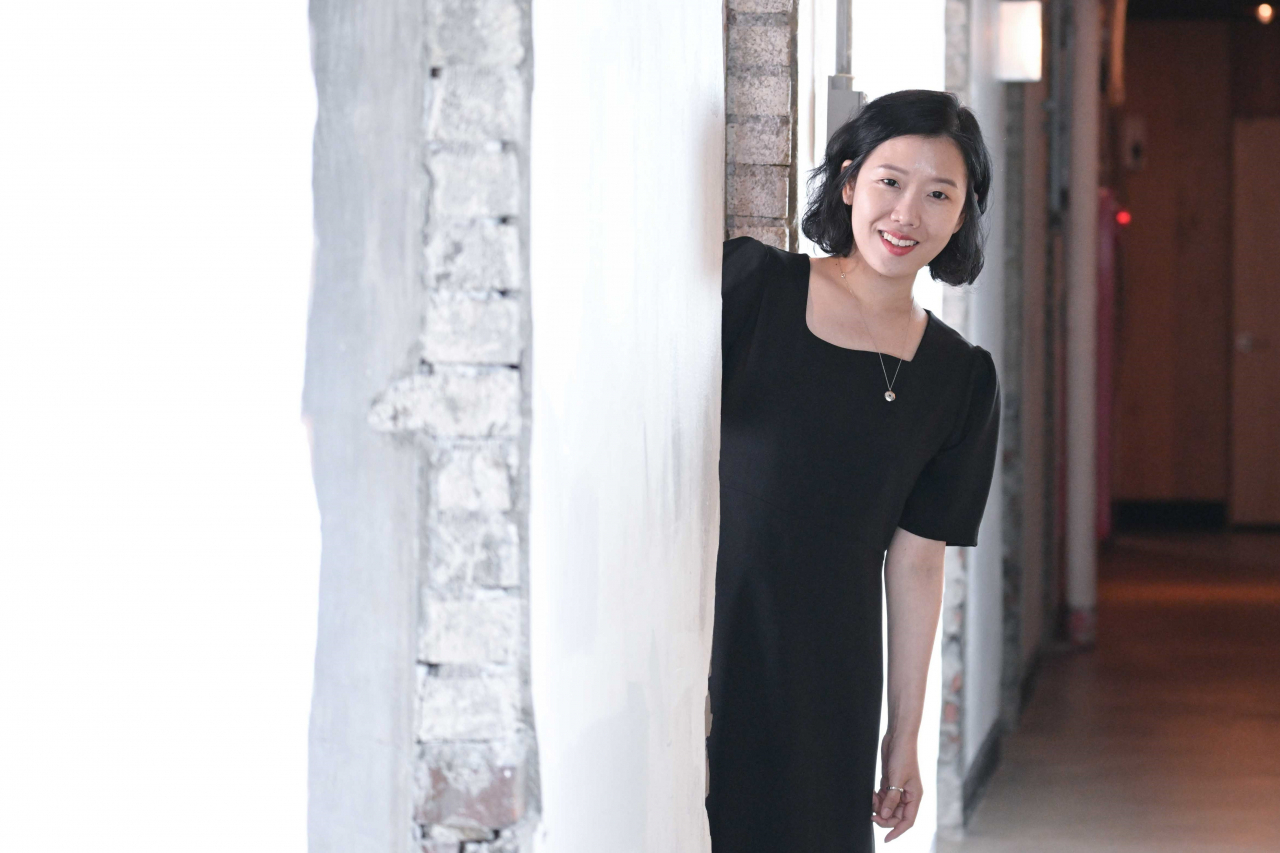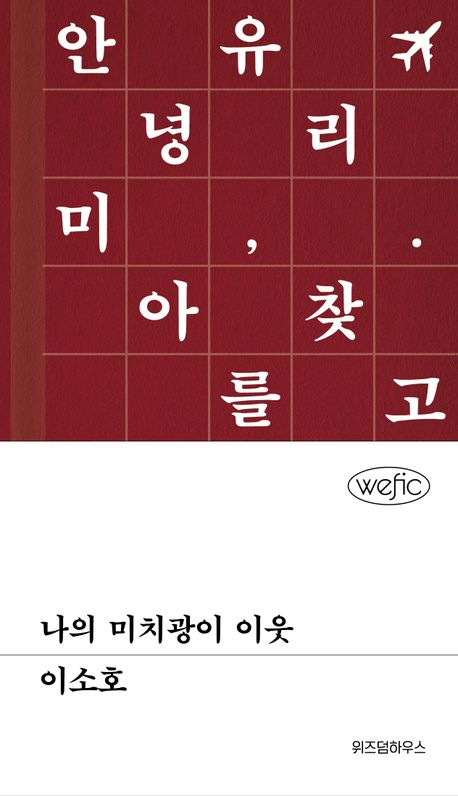[Herald Interview] Lee So-ho expands her literary world with ‘Home Sweet Home’
By Hwang Dong-heePublished : July 31, 2023 - 18:43

“For those who are looking for ‘home’ even if there is ‘house,’” Lee So-ho writes in the dedication to her third and latest poetry collection, “Home Sweet Home.”
Lee describes the collection as "poetry of the outsider.”
“I often see myself as a stranger, an outsider even within my own family. People do have moments when they feel like they don’t belong in their own homes. This sense of alienation and marginalization is the core emotion of my collection,” Lee said in an interview with The Korea Herald.

Following “Catcalling” (2018), which was translated into English by poet-translator Soje and longlisted for the PEN Award for Poetry in Translation in 2022, and “A Dangerous and Incomplete Letter” (2021), Lee continues to confront the dynamics of abuse in a patriarchal society and pervasive sexism within precarious homes.
In one poem, a father shouts “useless woman” at his daughter, Kyung-jin, when she walks past the television. A TV news anchor talks about an increase in the domestic violence index after the COVID-19 pandemic
“Home Sweet Home” ruthlessly shatters the illusion of a safe family or home, exploring the ambivalent emotions women have toward their homes. While the perpetrators were mostly male in her previous collections, in “Home Sweet Home” mothers and sisters have also become perpetrators, internalizing patriarchal violence. The poem also addresses discrimination against Asians through the voice of Kyung-jin’s sister, Si-jin, who lives abroad.
The exceptional realism in Lee’s poetry stems from the specific characters and their settings -- Kyung-jin was Lee’s name before she officially renamed herself. The self-descriptive entry in the preface, presented in the form of a Naver Encyclopedia, sets the tone for readers, inviting them to step into Lee’s poetic world while the poet navigates between reality and the fictional realm.
Lee said the most frequent question she receives from readers is: “How much is lie and how much is truth?” To this question, Lee answered that she is a “good liar,” and she labels her poems as “truthful lies.” Believe as much as you like and that’s enough, Lee said.
“As for how good I am at lying, my family sometimes asks if we really had these conversations, and I say we didn’t,” Lee laughed. “I guess I am quite skilled in crafting elaborate lies, and I see this as a unique aspect of my poetry. I genuinely believe in those lies.”
But then one might wonder if her family worries about their portrayal in her poems, potentially being seen as perpetrators.
“My family actually finds it quite amusing to see themselves in my poems. They enjoy their ‘roles’ very much. And sometimes, they count how many times they appear in the book. … They respect my poetry as literature.”

Debut as writer of fiction
Lee has been a poet and an essayist, and now she has added one more title to her achievements.
Her latest work is a short story titled “My Lunatic Neighbor,” published in May. The story is set in a near-future Berlin, where severe climate change and a food crisis have led to an apocalyptic society. In this world, all art has disappeared after a cultural upheaval, and the protagonist, Yuri, works as an artist restoring lost masterpieces. As Yuri carries out her artistic endeavors, she reminisces about her former roommate Mia, who was a stateless refugee with exceptional artistic talent. The narrative focuses on Yuri’s desires and envy, juxtaposed against Mia’s struggles with a lack of money, family and country.
Lee said she had never considered writing fiction, but when the publisher Wisdom House proposed the idea, she thought, “Why not?”
“It felt like someone offering me a free plane ticket and inviting me on a trip,” said Lee. “Of course, this was a new challenge, so I was scared, but my curiosity overcame fear. I decided to give it a try.”
The book is part of the publisher’s WEFIC series, a collection of 50 short stories to be published through February next year.

“I guess the biggest difference was: poetry is like a photo album, a collection of snapshots; while fiction feels more like a travel vlog,” Lee explained. “It’s about how you cut and edit each scene.”
Despite the differences, Lee said it was not so difficult to write a story. She has already turned in a manuscript for another essay and signed contracts for a novel and more poetry.
“I ended up becoming a writer of different genres, and I am grateful for the opportunities. My goal is to create stories that everyone can somehow relate to, regardless of the genre I choose,” Lee said.










![[Hello India] Hyundai Motor vows to boost 'clean mobility' in India](http://res.heraldm.com/phpwas/restmb_idxmake.php?idx=644&simg=/content/image/2024/04/25/20240425050672_0.jpg&u=)








